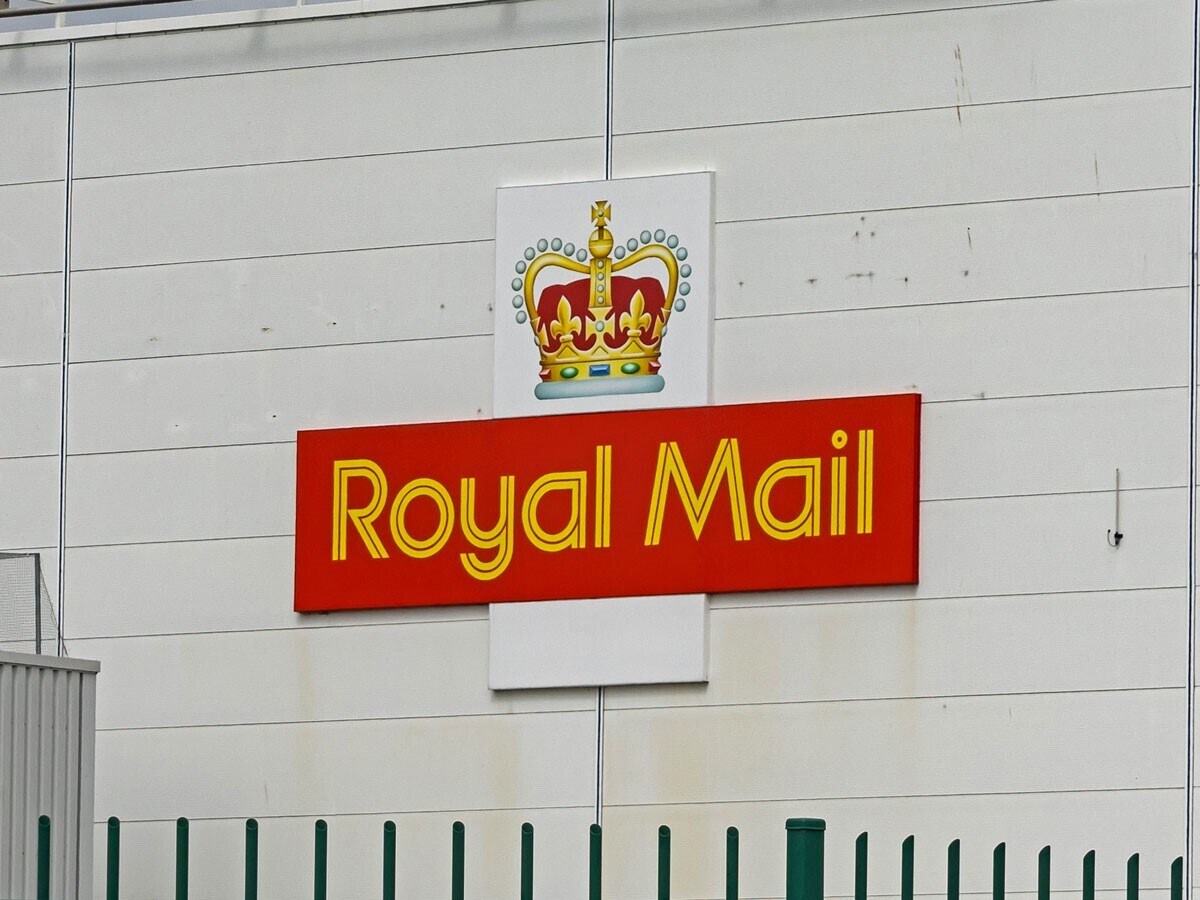Royal Mail owner International Distributions Services (IDS) has had a tough time of it lately. Strikes over pay have hit operations and led to heavy losses. However, with a pay agreement wrapped up with the Communications Workers Union, and a potential shake-up in leadership, the IDS share price could deliver for shareholders. Thursday’s full-year results are likely to be bruising, but will the future be first-class for shareholders?
The IDS [IDS.L] share price has delivered for shareholders this year. Year-to-date, the stock is up over 7%, closing Monday 15 May at 226p. The gains are largely down to the bitter pay dispute with the Communication Workers Union (CWU) coming to an end. Yet over the 12-month timeframe IDS share losses extend to over 32%, and over the two-year period to more than 55%.
Heading into Thursday’s full-year results, IDS’s share price has been volatile, dropping over 9% since 28 April, even with an end to union talks in sight. Will the results offer some hope for shareholders? Or is the stock the equivalent of junk mail?
What’s behind the Royal Mail share price decline?
Undoubtedly the IDS share price has been volatile this year, as evidenced by the stock’s 2.1 beta. Much of that volatility is the result of protracted pay talks with the CWU.
The dispute has been the root cause of operational chaos and mounting losses. In the nine months ending 31 December 2022, IDS had an adjusted operating loss of £295m. The net cost of strike action during the period was estimated to be around £200m. Revenue was down 12.8% in the period, with total letter revenue down 6.1%.
Last month IDS finally reached an agreement in principle with the CWU over worker pay. The deal is still subject to agreement by union members and includes a 3-year deal to increase pay by 10% and a £500 lump sum for employees. News of the deal helped the IDS share price rally, to hit a year high of 260p on 25 April, although sentiment has now cooled.
What to look out for in full-year results
For the full year IDS expects an adjusted operating loss of between £350m to £450m. The hope is that tighter cost controls and strike contingency measures could mitigate some of the damage. The group said it is targeting a return to operating profit for the full year 2024-25.
Shareholders should also watch out for more news on the recently announced departure of Royal Mail CEO Simon Thompson.
Thompson told the IDS board that he “believes that, following the negotiators’ agreement between Royal Mail and the CWU, it is the right time for the company to move forward under new leadership”, according to a press statement issued last week.
Thompson joined Royal Mail as a non-executive director in 2017, before becoming CEO in January 2021. His two-year stint in the top job has been characterised by run-ins with the CWU. Thompson will stay at Royal Mail until the end of October.
Also watch out for progress on Royal Mail’s five-point transformation plan that was unveiled at the half-year mark. This focuses on reducing headcount, tighter cash management and improved organisational controls.
Where next for the IDS share price?
News of Thompson’s departure wasn’t exactly a shock, and the IDS share price responded with a slim 0.22% gain on Monday.
In the medium to long term the management shake-up could signal an end of what has been a bruising period for IDS, and for Royal Mail in particular.
Yet there are formidable headwinds for the group. The decline in letter revenue is likely to continue, while the company faces fierce competition in the parcel delivery space. The end of the pandemic-era boom in online shopping has been particularly painful for Royal Mail.
There are some bright spots. GLS’s revenue has continued to grow, with IDS saying this side of the business was robust despite challenging macroeconomic conditions: another point to watch out for on Thursday.
Having come to terms with the CWU, the next big challenge for IDS is finding a new CEO for Royal Mail and returning to profitability. If it can deliver on these fronts, then the share price might start to post some gains for its long-suffering shareholders.
Analysts tracking the Royal Mail share price have a 255p price target on the stock. Hitting this would see an 11.9% upside on Friday’s close.
Disclaimer Past performance is not a reliable indicator of future results.
CMC Markets is an execution-only service provider. The material (whether or not it states any opinions) is for general information purposes only, and does not take into account your personal circumstances or objectives. Nothing in this material is (or should be considered to be) financial, investment or other advice on which reliance should be placed. No opinion given in the material constitutes a recommendation by CMC Markets or the author that any particular investment, security, transaction or investment strategy is suitable for any specific person.
The material has not been prepared in accordance with legal requirements designed to promote the independence of investment research. Although we are not specifically prevented from dealing before providing this material, we do not seek to take advantage of the material prior to its dissemination.
CMC Markets does not endorse or offer opinion on the trading strategies used by the author. Their trading strategies do not guarantee any return and CMC Markets shall not be held responsible for any loss that you may incur, either directly or indirectly, arising from any investment based on any information contained herein.
*Tax treatment depends on individual circumstances and can change or may differ in a jurisdiction other than the UK.
Continue reading for FREE
- Includes free newsletter updates, unsubscribe anytime. Privacy policy





